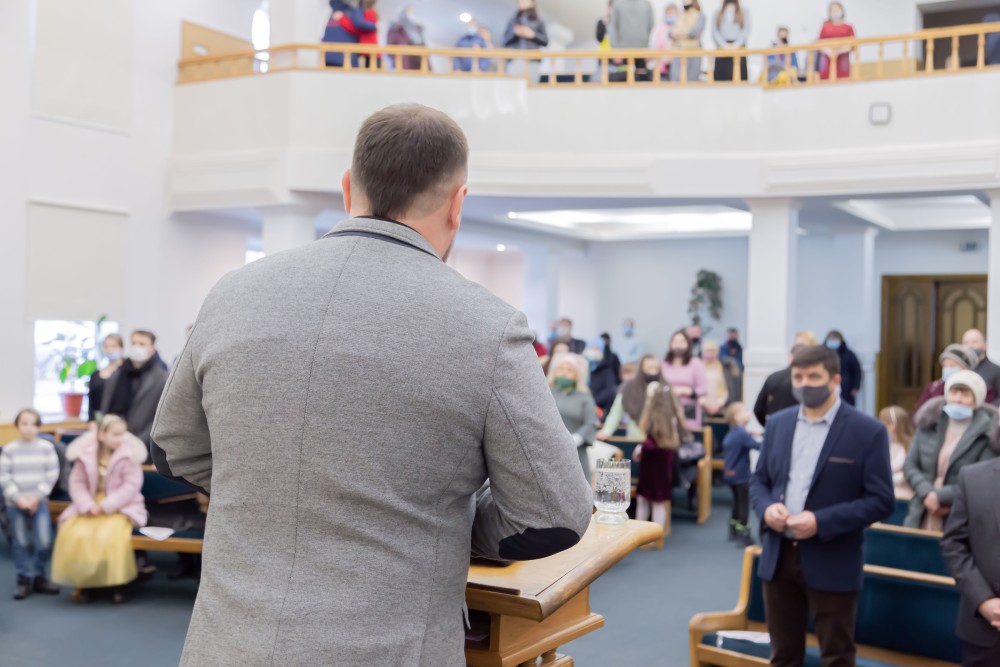For some pastors, the past year was a sign from God it was time to quit

Jeff Weddle, a wisecracking, self-deprecating, Bible-loving, self-described “failing pastor” from Wisconsin, was already thinking of leaving the ministry before COVID and the 2020 election.
After two decades as a pastor, he was, as he put it, fed up with church life.
Then feuds about politics and the pandemic put him over the edge. People at church seemed more interested in the




